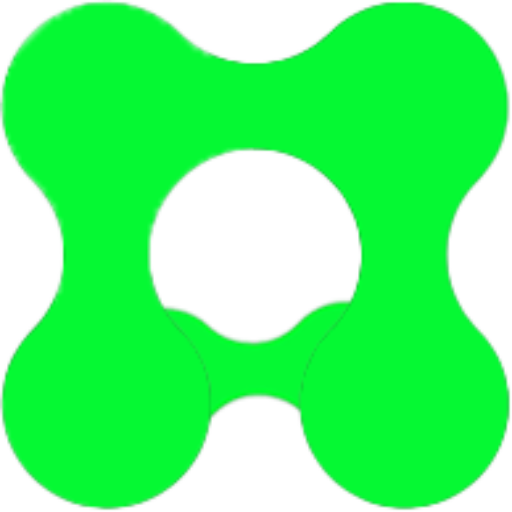Generative phygital work

Humeur Frite et Neck Down
300 dpi
Art génératif dont le résultat dépend de l’humeur des gens
Each creation begins with a simple click, an act both ordinary and revolutionary at the heart of the deviant system I designed. This click gives you the power to choose your preferred weather – sun or rain. From these choices, I collect the data and transform it, using my artistic process, into a generative image that reflects these weather preferences and the influence of weather on our mood.
Arsen Eca, a visionary artist based in Paris, recently merged generative art and interactive technology to create a truly unique work of art, dubbed “Deviant Systems Weather”. This creation draws on people’s daily interaction with weather conditions, a concept that resonates deeply in our contemporary society, where technology and individual moods are inextricably linked, or Neck Down a click that makes one lower one’s head and generates an image.
Eca’s work is based on a digital platform where participants can express their preference for sun or rain. This seemingly simple choice is actually a powerful reflection of the collective emotional state. Eca uses this data to power a generative art algorithm, which creates real-time visuals, representing the average of participants’ daily moods. Each click, symbolizing a wish for sun or rain, becomes an integral part of the work of art, forming a living picture that constantly changes according to collective emotions.
This process illustrates Eca’s unique vision of the role of art in society. It’s not just about creating aesthetic objects, but about provoking reflection on our interaction with technology and others. By integrating the weather, a natural phenomenon, into his generative art, Eca invites us to think about how our desires and moods are influenced and in turn influence our environment.
In “Weather of Deviant Systems”, Eca demonstrates that art can be a mirror of our society, reflecting the complex nuances of our digital lives. This project highlights our growing reliance on clicks to express our desires and emotions, and subtly questions the authenticity of these interactions in an increasingly digitized world.
In summary, Eca’s work is a celebration of technology and generative art, but also a poetic critique of our dependence on digital devices. It is an invitation to question our relationship with the digital world and others, and the way we express and share our emotions in an increasingly interconnected universe.




